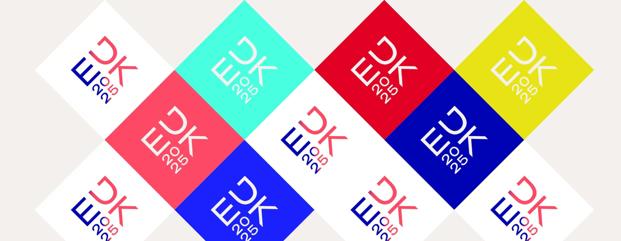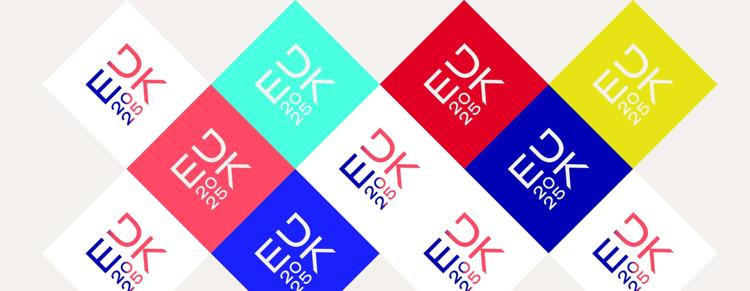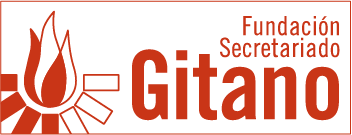Danish Presidency of the Council of Europe begins on 1 July [editar]

We are currently facing a very convulsive and changing European context, with many common challenges due to the war in several of our neighbouring countries and borders close to Europe, and the financial tensions that have occurred in recent months.
From 1 July, and throughout the second half of 2025, Denmark takes over the Presidency of the Council of the European Union (EU) at a very important moment. We leave behind the Polish Presidency, which during its term of office did not limit itself solely to security issues and launched initiatives with a palpable social impact. Overall, the presidency combined a security focus with an ambitious social agenda: it promoted equality and labour inclusion, expanded quality education and intergenerational and youth dialogue, put mental health at the centre, and inaugurated a more participatory space for citizenship. All of this, reinforced by campaigns that united national pride and Europeanism.
As for the political priorities of the Danish Presidency, according to its programme, they focus on the independence of the EU as a key player in the current global context, being able to ensure its own defence, as well as on the green transition. From a more social and specific perspective, it refers to the following social issues.
- Housing: The Danish Presidency is committed to increasing the number of affordable housing units for the European population taking into account available EU and Member States' instruments. The Danish presidency will also propose Council Conclusions with regard to the future Affordable Housing Plan.
- Child Guarantee: The programme specifies that the Presidency will focus in particular on improving the situation of children in foster care and providing support to children and their foster families. It makes a brief mention that the presidency will work to improve the situation of vulnerable children.
- Skills and Education: On the issue of skills, the programme mentions the lack of skilled workers in many EU countries, as well as the dissonance between needed and trained workers. It therefore commits to promote a European declaration on European cooperation in vocational education and training to highlight the need for attractive vocational education and training offers, aligned with European business needs. The Presidency will push for the revision of the strategic framework for the European Education Area towards 2030.
- Discrimination: The Danish Presidency will seek unanimity in the Council to adopt the Directive on the implementation of the principle of equal treatment if the proposal remains on the table. If withdrawn, the Presidency will initiate political discussions on how the EU can best strengthen its efforts against discrimination on the grounds of religion or belief, disability, age and sexual orientation.
- Multiannual Financial Framework: With regard to the negotiations for the next MFF, the Danish presidency has communicated that it will move away from the austerity policies that Denmark has tended to advocate in recent years+, however, what is on the agenda is an increase in the defence budget for the next MFF. The presidency intends to present a first negotiating draft as soon as possible, to guide future negotiations.
From Fundación Secretariado Gitano we offer our full support and collaboration to the Danish Presidency, and we hope that it will make an effort to address other long-standing issues such as climate change, the migration crisis and above all the difficult social situation in terms of quality of life, guarantee of basic rights (employment, housing, education, health...) and respect for the human rights of European citizens, including the Roma population.


